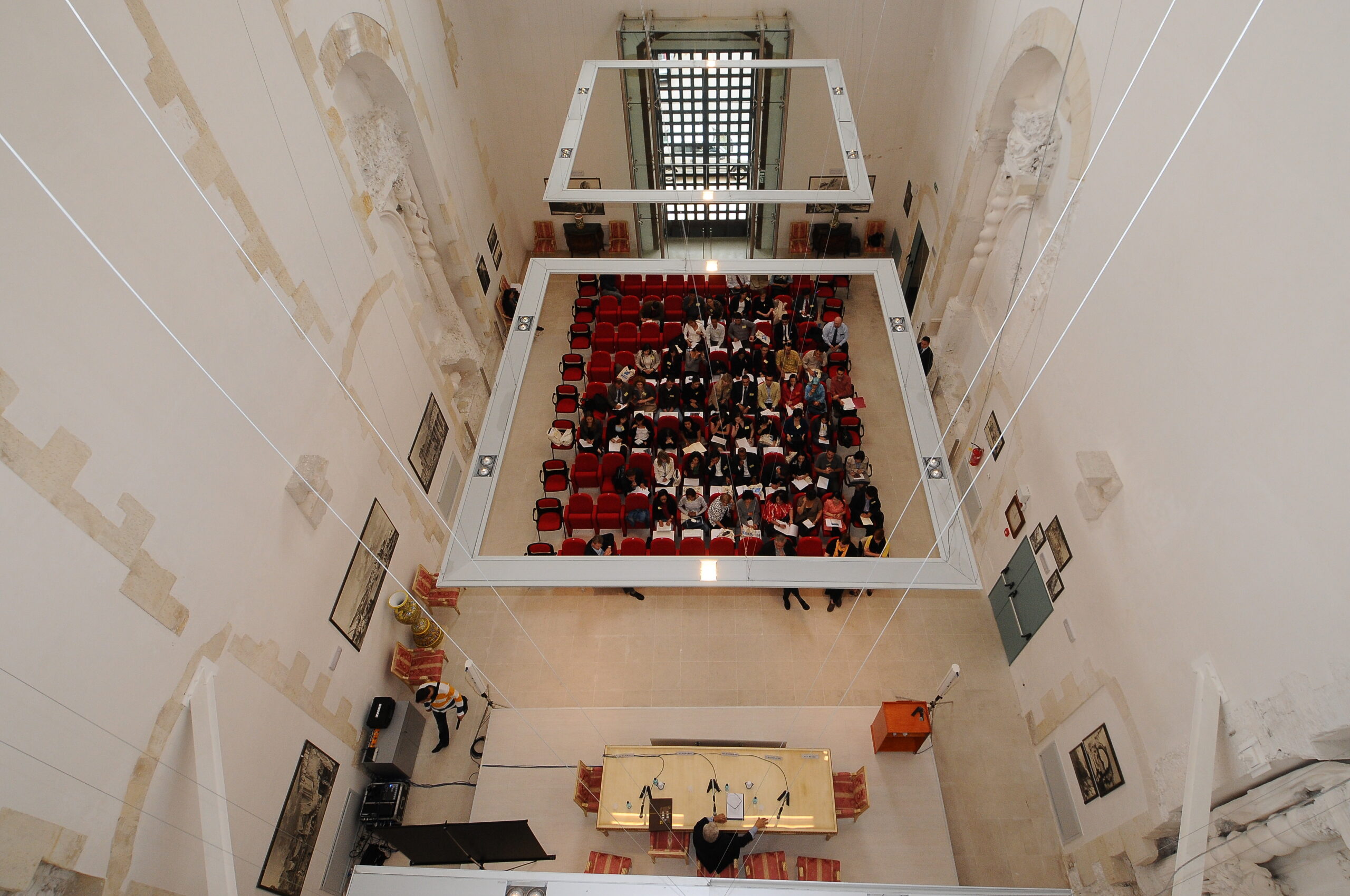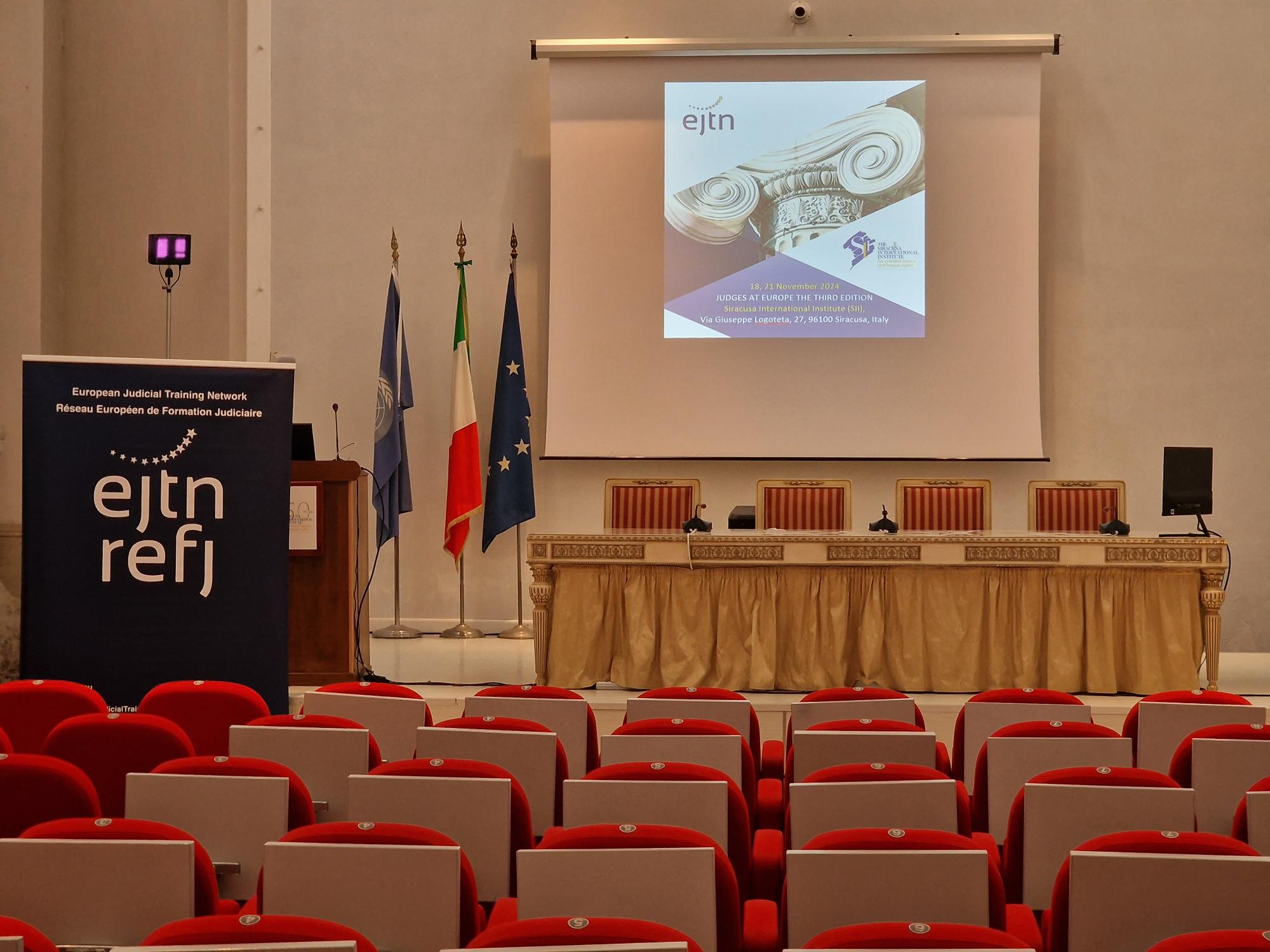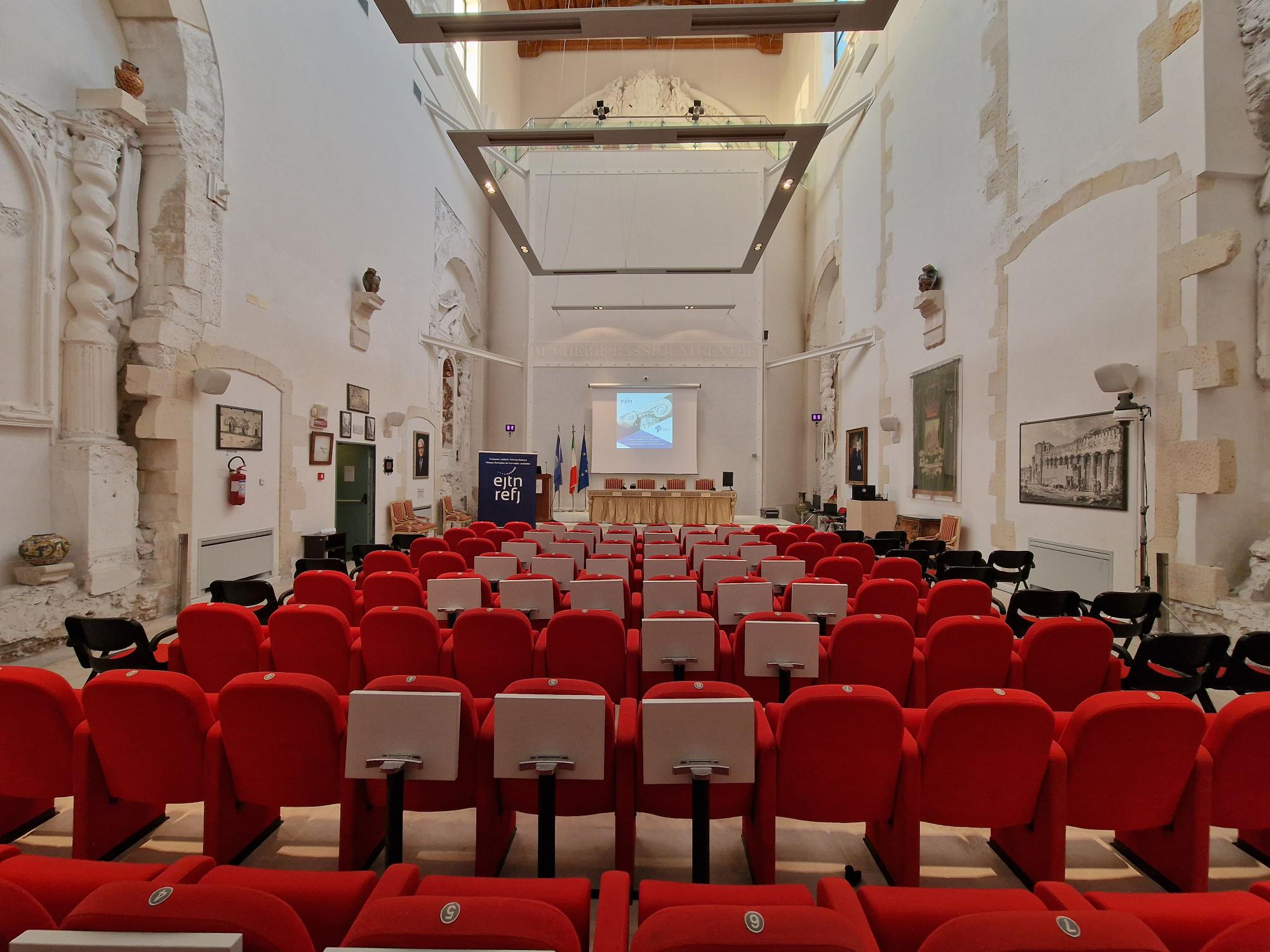judges@europe
Thank you for your interest in Judges@Europe. The application process has now been completed, and selected participants have been informed directly!
Thank you for your interest in Judges@Europe. The application process has now been completed, and selected participants have been informed directly!

The Judges@Europe Forum was brought to life reflecting the European Council Conclusions of 11 March 2021, entitled Boosting Training of Justice Professionals. The document emphasizes the critical role of judicial training in building a common European judicial culture based on the rule of law, mutual trust, and respect for fundamental rights, as well as in ensuring the correct and uniform application of EU law and the efficiency and effectiveness of cross-border judicial proceedings in the EU. The conclusions called for the European Commission to support the existing European networks to promote and enhance the dialogue among judges, which is key to the consolidation of the rule of law and the further development of a common judicial culture in Europe.
The Forum is a special training activity, that provides a safe and confidential space for judges from the Member States of the EU where topics related to rule of law and judgecraft can be discussed, among others. The participants are selected by lot among judges from different member states, with different professional backgrounds, and working in different jurisdictions.
The 4th edition of the Forum will take place between 21st and 23rd of May 2025, in Sicily, Italy, at the Siracuse International Institute.

The first edition of the Forum was held in May 2022. The theme of the event was the rule of law and judicial culture and gathered 38 judges and combined a theoretical approach to European jurisprudence with hands-on practical methods through workshop sessions and peer consultation on real-life cases. Participants analysed the characteristics of the rule of law using authentic judicial contexts, exchanges of experiences, and best practices and addressed further issues such as the impact on the integrity and independence of the judiciary, the application of self-empowerment and resilience techniques to promote and protect judges from the potential negative effects of stressors, and what the individual judge can do to protect the rule of law. The topic of freedom of speech served as the foundation for some of the case studies.
Organised in 2023 around the main theme of accountability, the second edition covered disciplinary proceedings and liability, performance monitoring, and transparency. In each session, plenary discussions and group workshops were organised, building upon the presentations and offering an area of free speech and confidentiality to the participants. The focus of the second edition was the contemporary challenges that good administration of justice and increased demand for judges’ accountability raise for judicial offices in the digital era.
The theme of the third edition of the Forum was impartiality. The introductory sessions highlighted cases of the CJEU and the ECtHR to help participants distinguish between internal and external independence and impartiality. Further presentations addressed the equality of arms and how adversarial (contradictory) proceedings can be ensured in certain cases, especially when highly confidential or highly sensitive documents are offered as evidence. The participants discussed the effect AI and technology have on the impartiality of the judge, what risks judges need to face endangering their look of impartiality just by living in society, and how the media and public opinion can influence judges in their decisions.

Theme of the Fourth Edition of the Judges@Europe Forum: “Being a Judge in the Digital Era”
Key Topics:
Alternative Dispute Resolution
Freedom of Expression of Judges
Judicial Independence
Disinformation & Misinformation
Digital Evidence
ICT Tools & Videoconferencing
Judges can apply from the Member States of the European Union, except Denmark. We ask those who attended any previous editions of the Forum to refrain from applying again. Applicants who attended the forum before, will not be accepted.
What will be the selection procedure, and what are the conditions of participation?
The applications will be kept confidential. The participants will be selected by drawing a lot; meanwhile, a balance of gender, seniority, and nationality will be ensured during the drawing, and a maximum of 3 participants per member state will be allowed. After being informed, they will need to confirm their participation directly to EJTN. After this confirmation, the participants can decide if they want to inform the national training institution or their court administration about the selection. EJTN will not share any information on the selection with the national contact points.
Accommodation and catering will be fully provided for all participants from 21 to 23 May 2025. A transfer service from Catania Airport will also be arranged. Participants are expected to arrive by Wednesday, 21 May, no later than 17:00, with departure scheduled for the morning of Saturday, 24 May. In addition, we are pleased to offer reimbursement for airplane ticket costs for selected participants.
The forum operates under the Chatham House Rule: Participants are free to use the information shared during the event; however, they may not disclose the identity or affiliation of speakers or other participants.
Participants can choose whether they wish to appear in event photographs. A certificate of attendance will be provided, but EJTN does not notify national contact points about participants’ attendance.
What can you expect to gain from attending the Judges@Europe Forum?
The language of the event will be English and French. We provide simultaneous interpretation. The participants shall have sufficient skills and confidence to speak and interact in either of these languages.
Aside from some presentations, there will be working groups and networking breakouts with the aim enhancing open discussion among the participants. The 2025 event, in line with the spirit of the previous editions, will be highly interactive, promoting dynamic exchanges of ideas and experiences among participants, facilitators, and experts. All the activities are carefully tailored to promote active participation and collaborative learning.
Renowned experts will deliver keynote speeches on the 2025 theme’s key topics. These sessions will provide valuable insights while provoking dialogue and reflection among participants. A Q&A segment will follow each speech, encouraging participants to pose questions, share their perspectives, and engage in meaningful discussions.
Presentations will focus on real-life cases and experiences related to the specified topics of the 2025 program. We will emphasize interactive elements like live polls, breakout discussions, and feedback loops in these sessions to foster active engagement and explore multiple viewpoints.
As per the tradition of the Forum, the working groups will be a cornerstone of the event, offering participants the opportunity to delve deeper into specific topics through collaborative exercises. Facilitators will coordinate these sessions by means of role-playing, scenario analysis, and problem-solving exercises. This approach will encourage collaborative learning and facilitate the creation of practical solutions and strategies applicable in their respective professional settings.
We will integrate informal networking sessions into the programme, giving participants the opportunity to build relationships, share experiences, and further develop a supportive community of colleagues. These sessions will be designed to create an environment where participants feel comfortable expressing their thoughts and learning from each other’s experiences.
The detailed programme and the list of invited speakers will be available by the end of April.
Thank you for your interest in Judges@Europe. The application process has now been completed, and selected participants have been informed directly